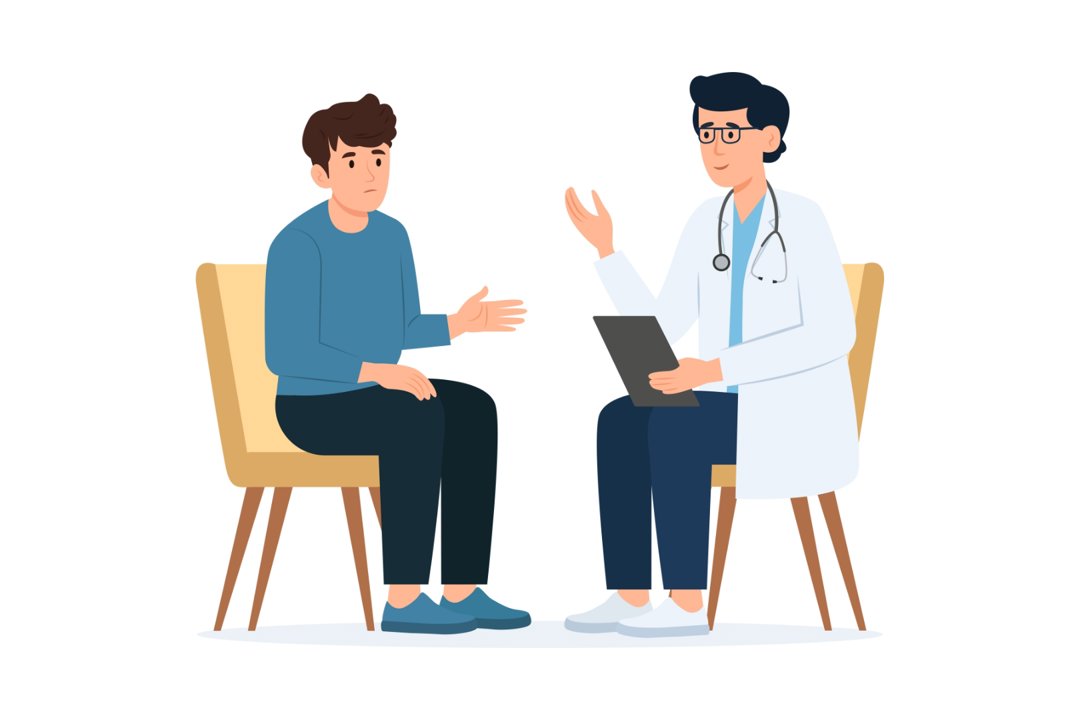
- Compliance
When Does a Minor Patient’s Request for Confidentiality Involve the Information Blocking Rule?
To comply with their minor patients’ privacy rights, practices should know when minor patients can legally consent to their own health care services.
The Information Blocking Rule’s prohibition against interfering with access to electronic health information (EHI) can sometimes be at odds with patient privacy concerns. This is especially true for adolescent minor patients who might wish to prevent their parent or guardian from accessing records of their treatment. Practices treating adolescent minors might find it difficult to comply with the Information Blocking Rule while also honoring the privacy rights of adolescent patients.
Congress was concerned that despite the ease of using EHI, patients and their representatives still faced delays and obstacles accessing their EHI. As a remedy, Congress introduced the Information Blocking Rule as part of the 21st Century Cures Act. The Secretary of the Department of Health and Human Services was given authority to set up and enforce regulations, which define and prohibit information blocking. Information blocking occurs when an “actor”—including a medical practice—interferes with access, exchange, or use of EHI.
The Information Blocking Rule is complex. The Office of the National Coordinator for Health Information Technology (ONC), a division of the U.S. Department of Health and Human Services, provides examples of likely information blocking. For example, ONC notes that if a practice established an organizational policy of delaying the release of lab results so a physician can review the results before the patient can electronically access the results, this would likely be considered information blocking.
If a Minor Consents to Their Own Care, They Can Request That Their Records are Not Accessible by Their Parents
Parents are generally permitted to access their minor child’s medical records, because they are considered the child’s personal representative under the HIPAA Privacy Rule. However, parents are not considered a minor’s personal representative when the minor consents to their own care. This means that when a minor consents to their own care, parents are not automatically entitled to access the minor’s medical records for that care, and minors can request that those records are not released to their parents. To comply with their minor patients’ privacy rights, practices should know when minor patients can legally consent to their own health care services.
When Can Minor Patients Consent to Their Own Care?
In general, a parent, legal guardian, or other authorized adult must consent to treatment on behalf of a minor patient. In Arizona,1 minors can consent to treatment in the following situations:
- Emancipated minors
- Married minors
- Homeless minors
- Minors with a sexually transmitted disease
- Minors under the influence of a dangerous drug
- Minor victims of sexual assault
- Minors in the military
When accepting a minor’s consent to their own care, physicians should clearly document in the medical record the basis for the exception to the general rule requiring adult consent. Thorough documentation can help reduce the risk of a lack of informed consent claim.
A Minor’s Request to Stop Their Parents from Accessing Their Records in a Patient Portal Implicates the Information Blocking Rule
The MICA Risk Team has spoken with numerous physicians and practices treating a minor patient who requested to block parental access to the minor’s medical records. These requests often involve records stored in an online patient portal accessible by the minor’s parents. If the minor patient consented to their own care, then the practice should take steps to honor the patient’s request for confidentiality. If the records are available in the online patient portal, then the minor’s request for confidentiality implicates the Information Blocking Rule.
If a minor patient requests that a practice not release the minor’s records to their parents, the practice might assume it can simply revoke the parents’ access to the minor’s patient portal. The practice might also assume it can block parental access to specific portions of the minor’s records in the patient portal. Guidance from ONC indicates that both actions would likely be considered information blocking. Instead, practices can consider the following recommendations.
1. Consider “Segmenting” the EHI
When “segmenting” EHI, practices should separate EHI that the minor asked to remain private from EHI that can be shared with the minor’s parents. EHI that can be shared with the minor’s parents can flow into the patient portal, but the private EHI should not move into the patient portal. Practices should then document why the private EHI cannot move into the patient portal. For example, practices could note that a parent with portal access is not entitled to all of the minor’s EHI, so the private EHI was withheld from the portal to protect the minor’s privacy.
2. Consider Whether an Exception to the Information Blocking Rule Might Apply
If there is EHI that cannot be segmented, practices can also consider whether an exception to the Information Blocking Rule might apply. The Information Blocking Rule includes the following exceptions:
- Preventing Harm Exception
- Privacy Exception
- Security Exception
- Infeasibility Exception
- Health IT Performance Exception
- Protecting Care Access
If withholding the records is reasonable and necessary to prevent harm to the minor or another person, the Preventing Harm Exception might apply. Likewise, if a practice is unable to segment shareable EHI from EHI that is not shareable, the Infeasibility Exception might apply.
All six exceptions are complicated. Determining whether an exception applies to a specific situation requires legal advice. Practices should consult with a health law attorney to determine whether an exception can apply to the practice’s specific situation.
Final Recommendations
Overall, practices should keep the following in mind regarding minor patients’ requests for confidentiality:
- If a minor patient consents to their own health care, the minor can request that records of that care are not shared with their parents.
- Simply revoking the parents’ access to the patient portal or blocking the parents’ access to certain records in the patient portal will likely be considered information blocking.
- Consider segmenting shareable EHI that can move into the patient portal from private EHI that cannot move into the patient portal.
- If segmenting the EHI is not possible, consult with a health law attorney who can advise whether an exception to the Information Blocking Rule might apply.
Practices interested in learning more about the Information Blocking Rule can also read this article on the MICA website: Avoiding Information Blocking: Issues Related to Adolescent EHI Access.
[1] Many state laws regarding minors’ ability to consent to medical treatment are similar to Arizona’s. For example, in Utah, emancipated minors, married minors, and homeless minors age 15 and older can consent to their own health care. In Nevada, emancipated minors, married minors, minor parents, and in some instances minors living apart from their parent can consent to their own health care. In Montana, emancipated minors, married minors, minors who have graduated high school, minors living apart from their parent or guardian, and minor parents can consent to their own health care. The National Center for Youth Law publishes a compendium of state and federal laws regarding minor consent and confidentiality, which includes information pertaining to minor consent to health care treatment in all fifty states.
